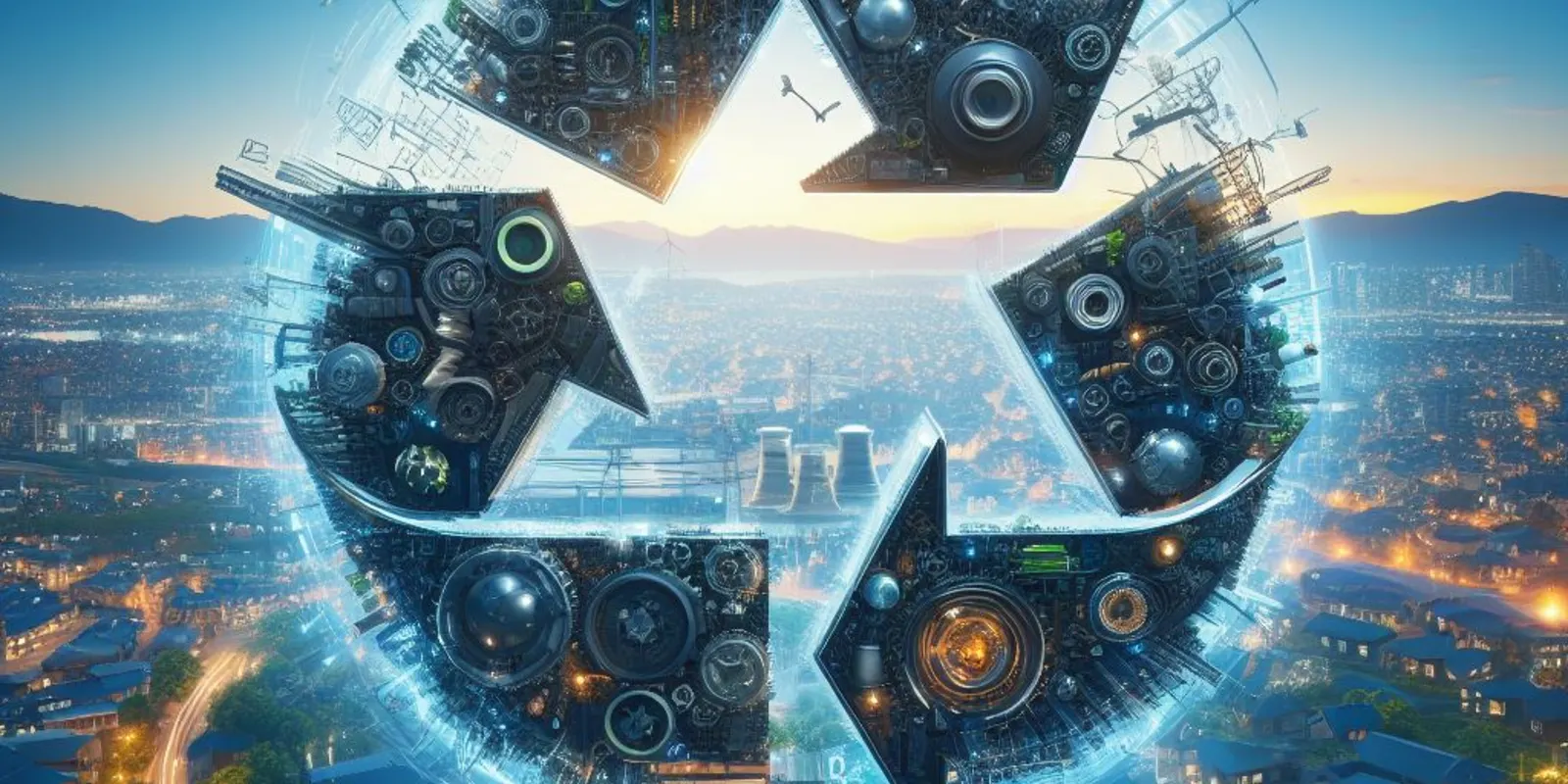
Innovations in the Circular Economy: A Guide

The circular economy, once a novel concept, has now become a vital approach for businesses aiming for sustainability and responsible growth. Shifting away from the traditional linear model of 'take-make-waste,' the circular economy emphasizes the importance of reusing, recycling, and regenerating resources. This transformative approach promises not only environmental benefits but also novel business opportunities. Here's a deep dive into some groundbreaking innovations in this space.
The bedrock of the circular economy is the idea of extending the lifecycle of products. This can be achieved through various means like modular design, wherein products are designed to be easily disassembled, repaired, and upgraded. One exemplary case is that of modular smartphones. Rather than discarding the entire device due to a single malfunctioning part, users can simply replace the affected module, drastically reducing electronic waste.
![]() Find "Modular Smartphones" on Amazon
Find "Modular Smartphones" on Amazon
Another inspiring innovation in the circular economy comes from the fashion industry, notorious for its waste and unsustainable practices. Brands are now exploring 'clothing-as-a-service' models, allowing consumers to rent rather than buy. This model not only caters to the growing demand for fast fashion but also ensures garments are returned for recycling or upcycling, keeping them out of landfills.
Industries across the board are recognizing the potential of upcycled waste. From turning discarded fishing nets into durable sunglasses to transforming agricultural waste into bio-plastics, businesses are finding inventive ways to repurpose waste materials into valuable products.
The digital realm too is contributing to the circular economy, with innovative platforms facilitating product sharing and reuse. Apps that promote peer-to-peer sharing of tools, gadgets, or even clothing are gaining traction. Such platforms foster community bonds while reducing the need for individual ownership and the subsequent waste associated with it.
![]() Find "Sharing Economy Apps" on Apple Itunes
Find "Sharing Economy Apps" on Apple Itunes
Supply chain transparency is another pivotal innovation in the circular economy. Blockchain technology, for instance, allows businesses to track the lifecycle of products, ensuring that every stage, from raw material extraction to end-of-life disposal, aligns with sustainable practices. This not only builds consumer trust but also optimizes resource use throughout the product's journey.
Furthermore, companies are experimenting with innovative business models. 'Product as a Service (PaaS)' is one such model wherein businesses retain ownership of the product, and consumers merely lease it for a duration. This ensures that the product is returned to the manufacturer for refurbishment and reuse, further reducing waste.
The rise of the circular economy also brings forth the necessity for cross-industry collaborations. Industries that were once siloed are now collaborating, sharing waste resources, and co-innovating to create products that fit the circular model. Such collaborations ensure that waste from one industry becomes a valuable input for another.
It's evident that the circular economy, bolstered by these innovations, is not merely a trend but a paradigm shift in how businesses operate. Adopting its principles not only mitigates environmental impacts but also unlocks new revenue streams and competitive advantages for businesses.
In conclusion, as global resources dwindle and environmental concerns intensify, the circular economy offers a beacon of hope. Through its innovative models and practices, businesses can pave the way for a sustainable, prosperous, and waste-free future.







Your insights and experiences enrich our community. Dive into the discussion and share your thoughts with us below!